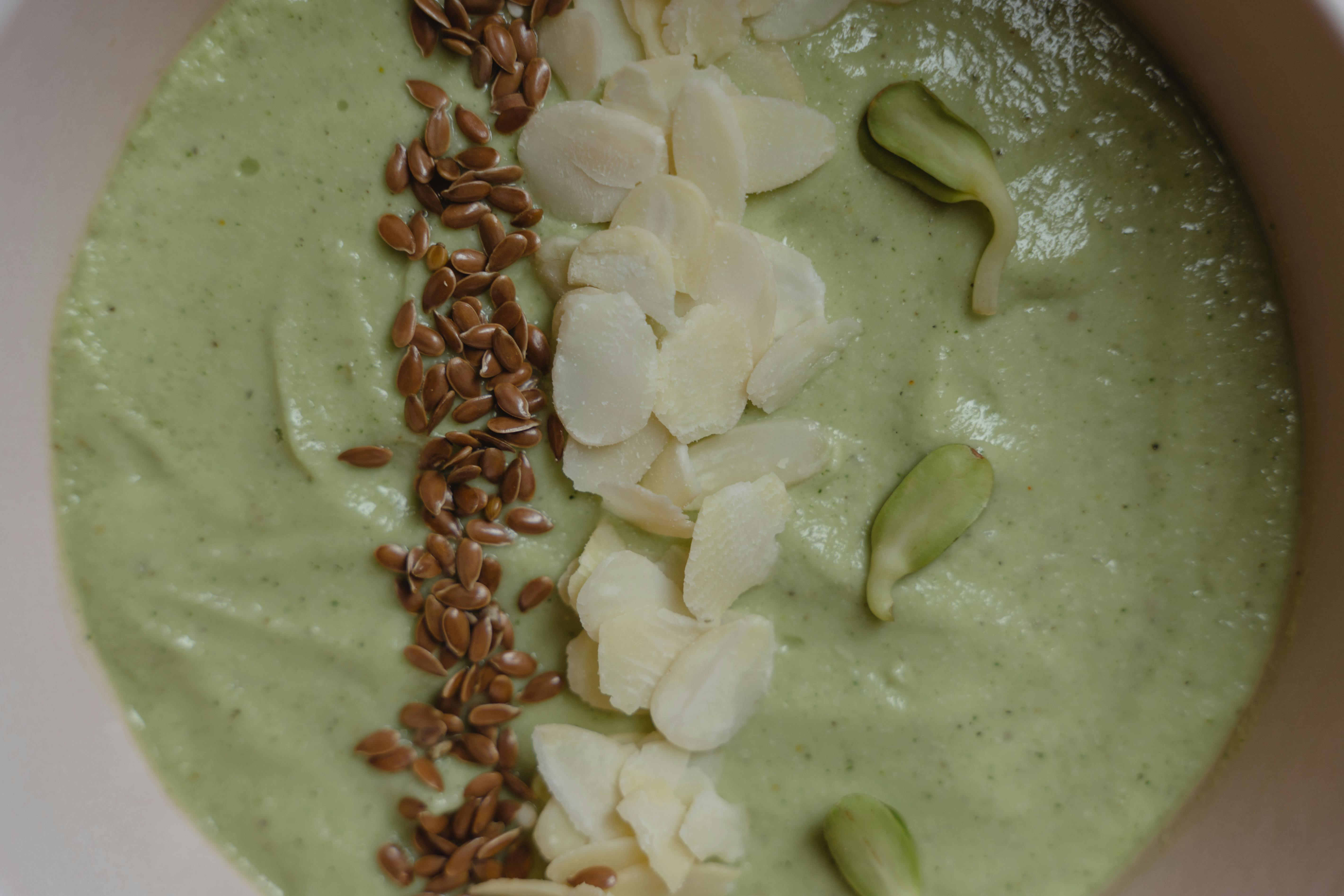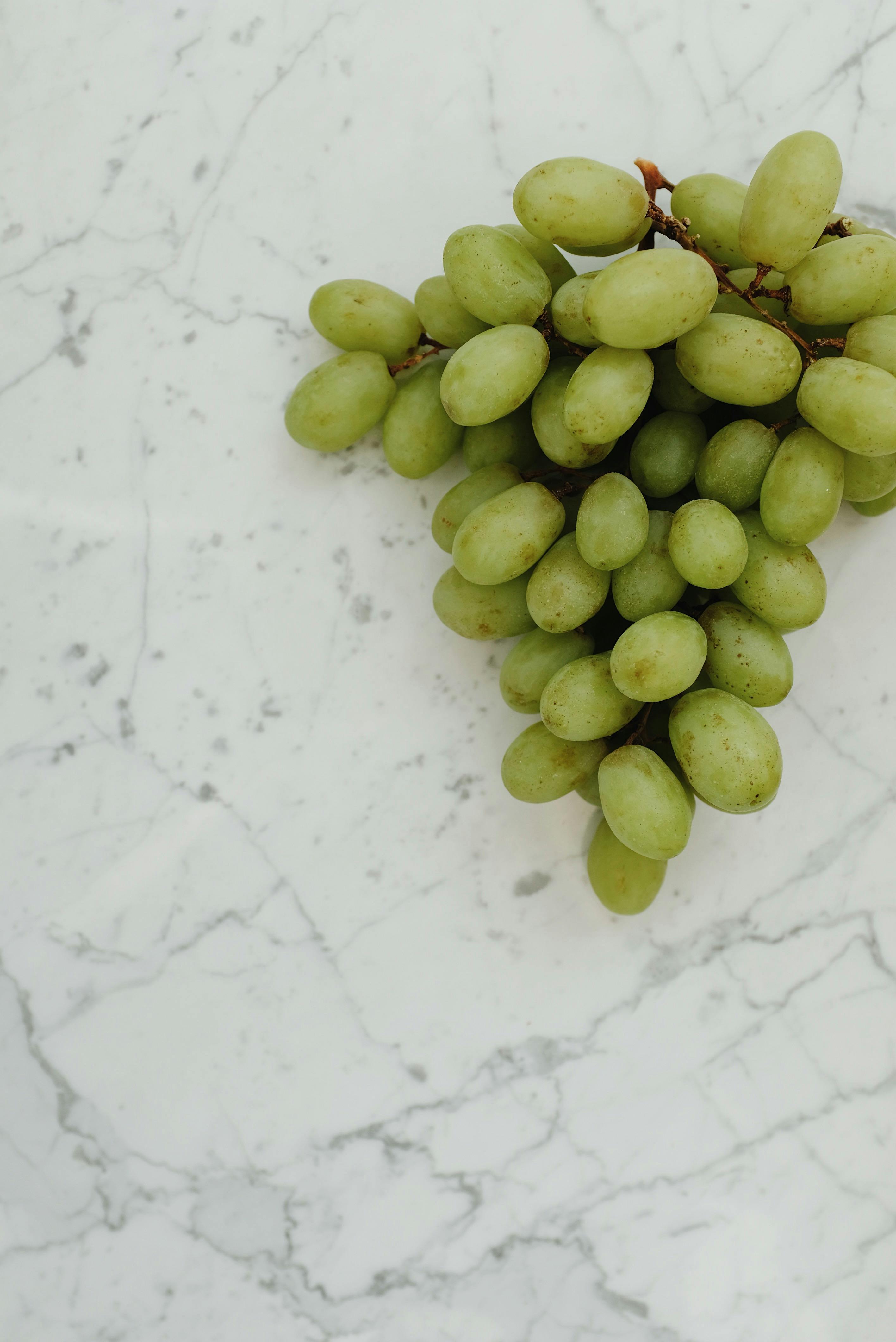Yes, Diet Mountain Dew does contain caffeine. Typically, a 12-ounce (355 ml) can of Diet Mountain Dew has about 54 mg of caffeine.

Understanding Caffeine Content in Diet Mountain Dew
Diet Mountain Dew is a beloved soda known for its unique flavor profile and low-calorie content. One of the most frequently asked questions regarding this popular soft drink is, "Does Diet Mountain Dew contain caffeine?" The answer is yes; Diet Mountain Dew does indeed have caffeine. Specifically, a typical 12-ounce (355 ml) can contains about 54 mg of caffeine. Understanding the caffeine content in beverages like Diet Mountain Dew is crucial for consumers who monitor their caffeine intake for health or lifestyle reasons. In this article, we’ll dive deep into the caffeine facts about Diet Mountain Dew, comparing it to its regular counterpart, exploring caffeine consumption guidelines, and discussing its effects on health and hydration.
As we explore these aspects, you'll discover why Diet Mountain Dew is a popular choice among low-calorie soda options while also considering its benefits and potential health risks associated with caffeine consumption. Stick around as we also highlight nutritional information and the drink's ingredients list that could affect your health decisions.
Diet Mountain Dew Caffeine Amount and Comparison
Diving into the caffeine details, the amount of caffeine in Diet Mountain Dew becomes a crucial factor for many people, especially those looking for low-calorie caffeinated beverages. As mentioned earlier, each 12-ounce serving houses approximately 54 mg of caffeine. This caffeine level situates Diet Mountain Dew between regular Mountain Dew, which contains about 91 mg of caffeine per serving, and several other soft drinks that vary widely in their caffeine concentrations.
Caffeine Levels in Diet Mountain Dew vs. Regular Mountain Dew
When examining the caffeine amount, the glaring difference lies in the formulation. Regular Mountain Dew offers a higher caffeine content with a robust flavor established through its sugar composition. In contrast, Diet Mountain Dew aims to deliver a similar effervescent experience but with significantly fewer calories and a sugar-free formula. Both drinks cater to different preferences, but for consumers who desire a caffeine kick without the added calories, Diet Mountain Dew presents an appealing option.
Caffeine Comparison with Other Soft Drinks
In the vast landscape of caffeinated soft drinks, it is essential to understand how Diet Mountain Dew stacks up against others. For instance, many popular brands, such as Pepsi or Coca-Cola, offer varying caffeine levels. Pepsi typically has about 38 mg of caffeine per 12 ounces, while Coca-Cola has 34 mg. This comparison highlights how Diet Mountain Dew can serve as an effective choice for those wanting a sharper caffeine boost while remaining conscious of calorie intake.
Caffeine in Beverages: Safety and Guidelines
As you consider the caffeine levels in Diet Mountain Dew, it's crucial to weigh your overall caffeine consumption against the recommended daily limits. Health guidelines suggest that most adults can safely consume up to 400 mg of caffeine per day. Therefore, one can of Diet Mountain Dew falls well within the safe range, allowing individuals the freedom to enjoy other caffeinated beverages throughout the day.
Diet Mountain Dew Nutritional Information
Aside from caffeine, understanding the nutritional profile of Diet Mountain Dew helps in assessing its fit within a balanced diet. With zero sugar and approximately 0 calories per serving, this soda is marketed towards those seeking refreshing tastes without the extra caloric intake. However, ingredients like artificial sweeteners can play a substantial role in its health implications.
Diet Mountain Dew Ingredients List
When delving into the ingredients, it becomes apparent that the unique flavor and experience of Diet Mountain Dew are derived from a mix of artificial sweeteners, flavoring agents, and citric acid. Aspartame serves as the primary sweetener, providing sweetness to the beverage without adding calories. However, some individuals may have sensitivities to artificial sweeteners, making it necessary to evaluate personal health responses when consuming such drinks.
Evaluating the Health Risks of Caffeine
While some studies suggest that moderate caffeine consumption can provide health benefits, such as improved focus and energy, excessive consumption raises concerns. Health risks can include anxiety, restlessness, and potential disruptions to sleep. In the context of Diet Mountain Dew, understanding your body's caffeine tolerance can help you navigate your consumption choices effectively.
Diet Mountain Dew and Hydration Levels
One common misconception is that carbonated soft drinks like Diet Mountain Dew can cause dehydration due to caffeine content. In reality, the hydration level provided by such beverages is often misunderstood. While caffeine can have diuretic effects, moderate intake generally does not result in significant dehydration. It's essential to balance soda consumption with adequate water intake, especially during workouts or hot weather.

Diet Mountain Dew Benefits and Popularity
Exploring the benefits of Diet Mountain Dew within the spectrum of soft drinks shows why it remains a popular choice among consumers. As a sugar-free beverage, it caters to health-conscious individuals and those following specific dietary restrictions. Its refreshing flavor appeals to many, making it an ideal choice for various occasions.
Diet Mountain Dew as a Low-Calorie Soda Option
One significant advantage of Diet Mountain Dew is its status as a low-calorie soda option. It offers a delightful taste without the calorie burden often associated with traditional sodas. This feature not only attracts individuals watching their weight but also those looking to curb sugar intake in their diets.
Diet Mountain Dew in Cocktails and Mixers
Interestingly, Diet Mountain Dew also finds its place in the world of cocktails, contributing to unique beverages when mixed with various spirits. Its sweet and citrusy flavor blends well, adding a refreshing twist to traditional cocktails, further expanding its audience beyond just soft drink enthusiasts.
Consumer Reviews and Availability of Diet Mountain Dew
Consumer feedback on Diet Mountain Dew tends to highlight its refreshing taste and enjoyable flavor. Availability varies regionally, but it has consistently secured a spot on the shelves of most supermarkets and convenience stores. This widespread accessibility has considerably contributed to its enduring popularity in the market.

Caffeine's Effects on Health and Diet
As we explore caffeine's impact on health, it’s crucial to consider the broader conversation around its consumption. Diet Mountain Dew and its caffeine amount may influence various aspects of health, including energy levels, metabolism, and even weight loss.
Caffeine and Weight Loss: Myth or Reality?
The relationship between caffeine intake and weight loss is a topic frequently debated among health enthusiasts. Caffeine can boost metabolism and enhance fat oxidation, making it a potential ally in weight loss efforts. Diet Mountain Dew can support these benefits while offering a refreshing taste without added sugars.
Caffeine and Exercise Performance
Caffeine's effects on physical performance are well-documented, often enhancing endurance and stamina. For athletes, a little caffeine before a workout can provide that necessary energy boost. However, balancing caffeine intake with hydration during physical activity remains vital for optimal performance.
Caffeine Consumption Guidelines: Finding the Right Balance
Staying within caffeine consumption guidelines is essential in understanding moderation. Not everyone handles caffeine in the same way, so consulting with a healthcare professional can help tailor intake recommendations based on individual tolerance and health conditions. Monitor how drinks like Diet Mountain Dew fit into your personal caffeine landscape, ensuring you're benefiting from its qualities without negative effects.
Conclusion: Making Informed Choices about Diet Mountain Dew
Understanding the caffeine content in Diet Mountain Dew and correlating it with other caffeinated beverages allows informed consumer choices. As a low-calorie, sugar-free option, it remains a popular choice while offering a satisfying caffeine amount for those mindful of their daily intake. Staying informed about the caffeine levels and nutritional information helps in balancing enjoyment with health considerations.
Ultimately, every sip of Diet Mountain Dew brings forth discussions on flavor, health, and personal dietary choices, highlighting its role in the broader context of caffeinated beverages in today's market.